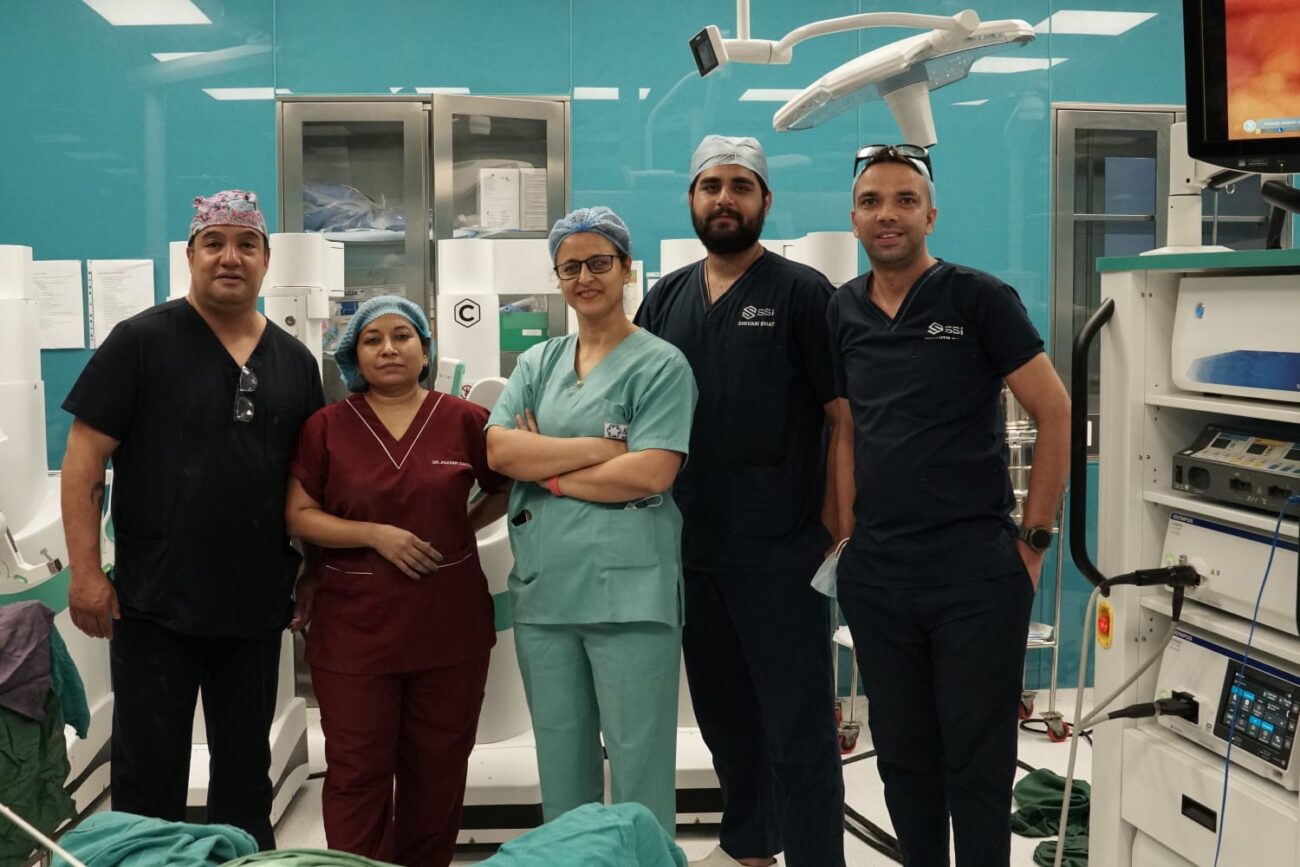Remarkable recovery of stroke patients at Indraprastha Apollo Hospital who had lost their speech
Application of new emergent therapies within the ‘Golden Hour’ saved them from life-long disability Awareness plays an important role in recovery of stroke patients Brain stroke is generally perceived as a life altering event, which leaves the
- Application of new emergent therapies within the ‘Golden Hour’ saved them from life-long disability
- Awareness plays an important role in recovery of stroke patients
Brain stroke is generally perceived as a life altering event, which leaves the patient with some or other permanent damage to the body and mind. But in a rare case, doctors in Indraprastha Apollo Hospital here successfully cured two people who had suffered from brain stroke and ensured that they get to live their normal lives. The only deciding factor in cases was that the family and friends detected something amiss and took the patients for medical intervention within the first few hours of the onset of symptoms– also called as the ‘Golden Period’.
- Stroke claims a life every 6 seconds.
- 1 in 6 people worldwide will have a stroke in their lifetime.
- 15 million people worldwide suffer a stroke each year and 5.8 million people die from it.
- Stroke is one of the leading causes of death and disability in India.
- One of the main disease processes leading to stroke is atherosclerosis.
“In both the cases, the patients were observed having difficulty in speaking and understanding, while other bodily functions were almost normal. It is important to understand that stroke may present without limb paralysis with abnormal behaviour or loss of speech i.e. difficult to recognise the verbal instructions. Emergent treatment within the golden period can prevent damage to the brain by restoring the circulation,” said Dr. Vinit Suri, Senior Consultant, Neurology, Indraprastha Apollo Hospitals, and President Elect Indian Stroke Association.
Dr. Suri treated both the patients. While the first patient recovered significant speech within 1 hour only with the help of intravenous drugs, the second case involving a 43 year patient required removal of the clot through a stent. He was treated in the DSA lab by Dr Harsh Rastogi, Interventional Neurologist, Indraprastha Apollo Hospitals.
In the first case, the patient developed the symptoms – difficulty in speaking and understanding – at his office only. While his colleagues could not understand his abnormal change in behaviour, they decided to rush him to Apollo Hospital within 1.5 hours of the onset of symptoms. “His MRI was initially normal and MRI repeated twice within minutes revealed an evolving damage in the brain. He was given intravenous clot-busting drug with significant return of speech within one hour of the drug,” said Dr Suri.
In the second case, the patient again was unable to speak or understand, but his wife realized his condition and rushed him to hospital as she had earlier seen her grandmother suffer from the same. “MRI at the hospital showed a complete block of a large vessel supplying blood to the left half of the brain. The patient did not have any improvement with the intravenous drug and was taken for the removal of the clot by a stent introduced into the brain vessel from a leg vessel. As soon as clot was pulled out, he could speak and within 12 hours his speech has returned,” he added.
Stressing upon the importance of golden period which is 4.5 hours for IV intravenous and 6 hrs for mechanical thrombectomy, Dr Suri stressed that even within the golden period the earlier the treatment is started the better the recovery in treatment of stroke, Dr. Suri explained the cardinal symptoms of stroke as weakness of arm/leg, sudden slurring of speech, sudden loss of speech, or sudden loss of vision, sudden unsteadiness (imbalance) or sudden headache/vomiting with unconsciousness.
“During stroke 1.9 million neurons are lost every one minute and therefore time is of essence. Rushing the patient to the nearest hospital can save him/her from disability and lack of mobility. While some cases easily respond to medication, some may require surgical intervention,” he said.
“Time is Brain”, in order to save the brain, stroke treatment requires team work and dedicated equipment like DSA (Digital subtraction Angiography unit), along with expertise in Neuro intervention, said Dr Harsh Rastogi.



